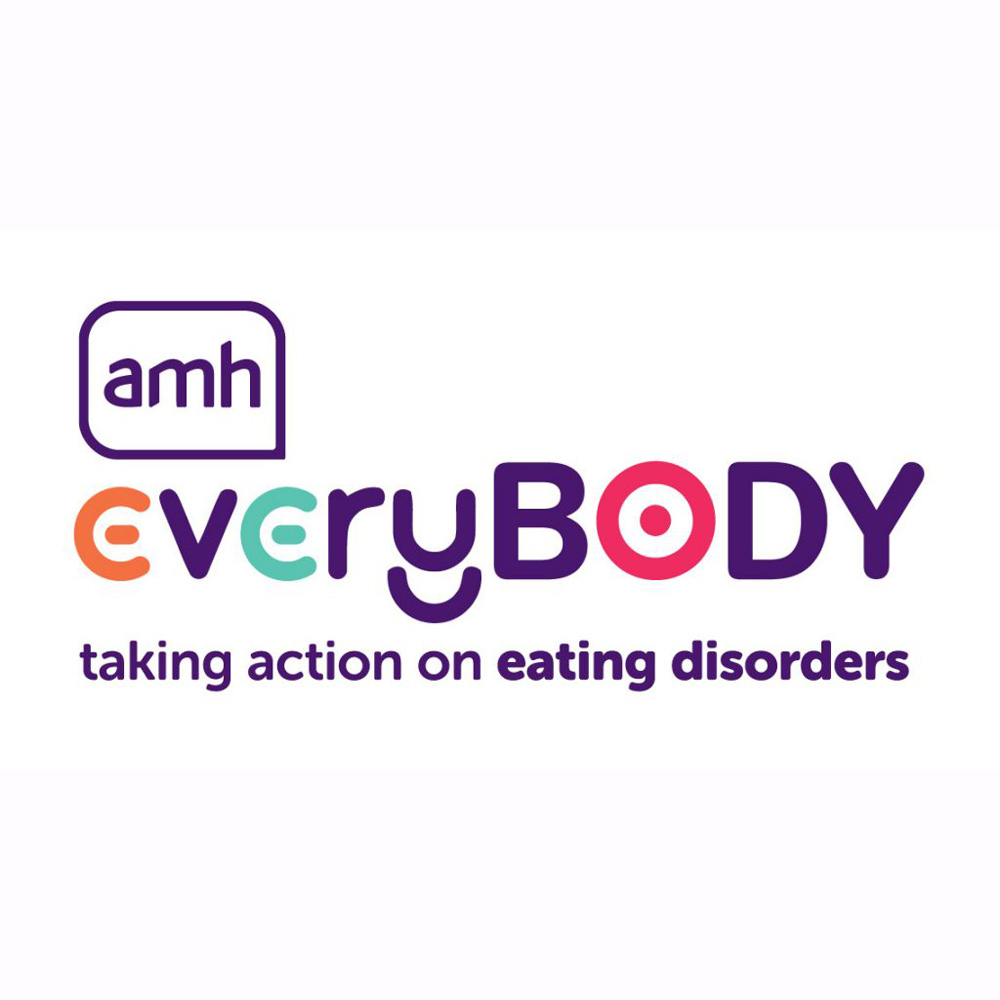
As Eating Disorders Awareness Week continues, one woman, who availed of the support of AMH everyBODY during her battle with Binge Eating Disorder, tells her story…
“I was first referred to (then Adapt) by the Southern Trust’s Eating Disorder service as they didn’t specifically treat Binge Eating Disorder. What led me to seek help was that I realised there was a problem, that my relationship with food wasn’t healthy and there were other things going on emotionally but I didn’t know how to go about fixing things on my own. It wasn’t until I researched into eating disorders that I actually knew that Binge Eating Disorder was a recognised and diagnosable eating disorder, which was a mental illness.
On the one hand I was obsessed with everything I was eating/tracking calories and very strict with exercise, but on the other hand I felt completely out of control around food and the restriction would lead to bingeing.
It really hit home that I needed support when I had planned to take a trip away and it felt impossible to go because of my overwhelming thoughts around food, weight and exercise. I felt I couldn’t focus to find enjoyment in the things I wanted to.
My thoughts were completely consumed by food and self-critical thoughts. It became a vicious cycle of bingeing when I was feeling depressed, then feeling more guilt, then compensating with punishing behaviours and thoughts and I just couldn’t stop.
How it impacted me emotionally was huge – I felt depressed and had very low self-esteem. I felt constantly annoyed at myself, disappointed in myself and was just generally hard on myself. It also took a toll on my relationship.
Stigmas and misconceptions
I think most people will recognise signs of anorexia or bulimia but it can be particularly difficult with someone who does fall within a normal weight. This is because generally a lot of people tend to look for physical symptoms of eating disorders. They just don’t realise that it is a mental illness, and it’s much more about how that person is feeling and what they are dealing with underneath the surface. You cannot tell someone has an eating disorder just by looking at them.
Value
AMH everyBODY was so valuable to me, providing me with somewhere local to go to get support, where you weren’t on your own. The support helped me to deal with a lot of the emotional hang-ups I had. I learnt a lot about my own self-worth and that it wasn’t dictated by size. All my life I had wanted to be smaller, but it was through everyBODY’s support that I learnt that there are so many more valuable things to invest my time and energy into – like my strength of character, my interests, the things in life that bring me joy. The support helped me to realise that having an eating disorder does not make you a failure, that it wasn’t a choice. It was a way of coping and I learnt new ways of coping and dealing with emotions and thoughts.
Six months on
I’m a different person now than I was when I first asked for help. The biggest change for me was getting over an overwhelming fear of gaining weight. I now know there is a lot more to me than weight. Through the support I received, I was able to leave an extremely triggering environment, which for me was a competitive gym regime, as it became a punishment. Since I decided to leave, it has taken so much pressure off me. I hadn’t been exercising for enjoyment; it was to compensate and punish myself. I feel like now I have room to breathe. I don’t feel so trapped anymore. I’m now able to have the freedom to rediscover what matters and is important to me. I don’t feel like I have to do things to fit an ideal anymore, or to impress anyone else. I’ve learnt that if it doesn’t serve you, let it go!
Journey of self-awareness
During my journey I learnt I was far too hard on myself, and that I needed to give myself a break. I started to practice compassion for myself and that is something I still do. I learnt that being happy with who I am, within myself, was far more important that trying to fit other people’s ideals. I learnt to get to know myself again, to make peace with myself. In the beginning, all I could see were the negative thoughts and bad things about myself but I’ve learnt to challenge this mindset and recognise my own strengths. I’ve certainly learnt to just listen to my body more, to let it rest when it needs to.
Advice to others
The main thing is to seek help, to reach out and talk; to be honest with yourself, and if something doesn’t feel right, speak to someone. People must remember that you are not a failure for having an eating disorder – it is a mental illness and can happen to anyone. And if I needed the support of everyBODY in the future I would do it again, 100%, without a doubt.
What more can society do?
As a society we need to refrain from making judgements based on appearances only, or to make assumptions about people. We need to remember that you can’t tell someone has an eating disorder just by looking at them. Society also needs to share more information on different types of symptoms to look out for, and to keep the conversations going to educate each other.
Action Mental Health’s eating disorder service AMH everyBODY helps people cope with their journey through their troubled relationships with food. Formerly known as Adapt, AMH everyBODY offers a new model of service in partnership with the Southern Health & Social Care Trust.
